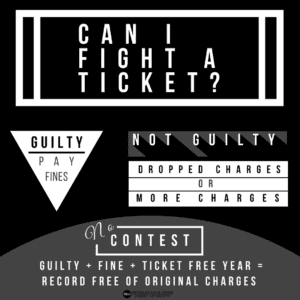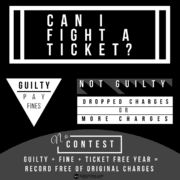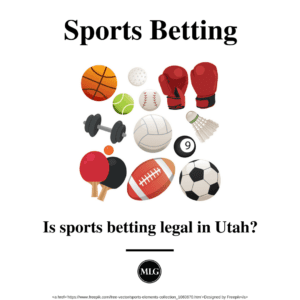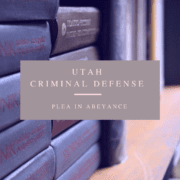How Do I Fight A Traffic Ticket?
How Do I Fight A Traffic Ticket?
This article discusses the ins and outs of fighting a traffic ticket.
Ticket Definition
A traffic ticket or citation is given to someone when they have been deemed by a form of law enforcement for a violation of a specific law. A ticket can be in the form of a fee, possible jail/community service time, and losing driving privileges. The most common types of violations are traffic violations, e.g. speeding, reckless driving, etc.
Fighting the Ticket
You can fight a traffic ticket if you: (a) believe you undeservedly have been given a traffic ticket, AND (b) have the means or evidence to prove your innocence. If you believe firmly both of these to be true about your citation, then fighting a traffic ticket may be worth the effort.
When it comes to speeding in Utah, it is considered a “presumed” state for speed limits. This means that if you are going ten miles over the speed limit, a police officer presumes you as speeding; however, if it is 5 a.m. on a clear, dry morning and there were no cars on the wide, straight road and you are able to convince a judge or jury that you were driving completely safe, you should be acquitted (Driving Laws, Utah Speeding Laws). There are a few options for someone who has received a traffic ticket:
OPTION 1 – Plead Guilty
Simply accepting the citation as such and taking the necessary steps make restitution for the traffic ticket is your plea for guilty. If you fight the ticket and the judge or jury finds you guilty, the result could be, (a) you must comply with the original conditions of the ticket, and (b) can include any of the following:
- Driving privileges suspended
- Additional fines
- Points added to your driving record
- Community service
- Jail time
OPTION 2 – Plea in Abeyance
A plea in abeyance is pleading guilty or no contest and having your plea held for one year; once you have a year of no tickets, your charges may be dismissed from your record. In other words, pleading in abeyance allows for your charges to never show up on your record if you do not have any tickets for one year after the original traffic ticket.
OPTION 3 – Plead Not guilty
In order to plead not guilty in Utah (pleading not guilty is the same as fighting a ticket), you must visit a justice court who will be regulating your case. Once your plea is recorded, the specific court regulating your case will give you a time and day to come back for a pretrial conference OR full trial. If the judge or jury finds you not guilty of your citation conditions, you can expect: (a) no points added to your driving record, (b) no fines or penalties to worry about, (c) all charges dropped for your citation, AND (d) your car insurance rates do not increase or decrease.
There are two claims for your defense in Utah for a speeding traffic violation resulting in a citation:
- You weren’t exceeding the speed limit
- Even if you were exceeding the posted speed limit, you were driving safely given the specific road, weather and traffic conditions at the time (this may not work).
Court Attendance
If you DO NOT attend court, you can face serious consequences, including but not limited to:
-
- Losing your driving privileges
- A warrant out for your arrest
- Automatic guilty verdict
Citation Penalties
There are several penalties for violations of the law. However, in Utah, the penalties for exceeding the speed limit for the first time are:
- Fined no more than $750
- No more than 90 days of jail time
- No more than one-year suspension of the violator’s license
Reckless driving is “willful or wanton for the safety of persons or property” or simply committing “three separate moving violations within a continuous three miles of driving”. Penalties for reckless driving for the first time are:
- Up to 90 days jail time
- Fined no more than $1000
- License suspension no more than 3 months
Overview
Safety is of utmost importance while driving. Wearing your seatbelt at all times, driving at or under the speed limit, and driving at safe speeds under unsafe road conditions will help you get the most out of driving and allow you to be the safest you can be on the road. When we feel that we are undeservedly given a citation, we have the opportunity to fight it and have the possibility of being acquitted of all charges. We always have to remember, however, that law enforcement is here to keep us safe.












